Publications for tag «history»

How did the ‘democrats’ understand democracy? On the example of the formation of Moscow’s government
Last year, Alexei Navalny initiated a discussion about the role of the 1990s era in the formation of the modern Russian regime. This debate was eagerly supported by the majority of the Russian left, for whom it became an opportunity to remind once again about the undemocratic nature of the formula of democracy as the power of 'democrats'. Nevertheless, questions about the design of the political system of post-Soviet Russia often remain in the background of this discussion. Alexander Zamyatin shows how the political struggle between the "democrats" and the Mossovet on the eve of the first Moscow mayoral elections in 1991 laid the foundations of the system of power in Russia - from plebiscites to the power vertical.

September went to the Ludwig Maximilian University of Munich (LMU) Palestine solidarity encampment to meet with Leila, a long-time activist, and co-founder of Munich’s chapter of ‘Palästina Spricht’, a movement for the rights of Palestinians and against racism in Germany. We discussed the situation in Palestine and Israel, the current state of the Palestinian solidarity movement, the role of the international institutions in the Palestinian struggle for self-determination, and the repression Palestinian and Jewish anti-zionist activists currently face in Germany.
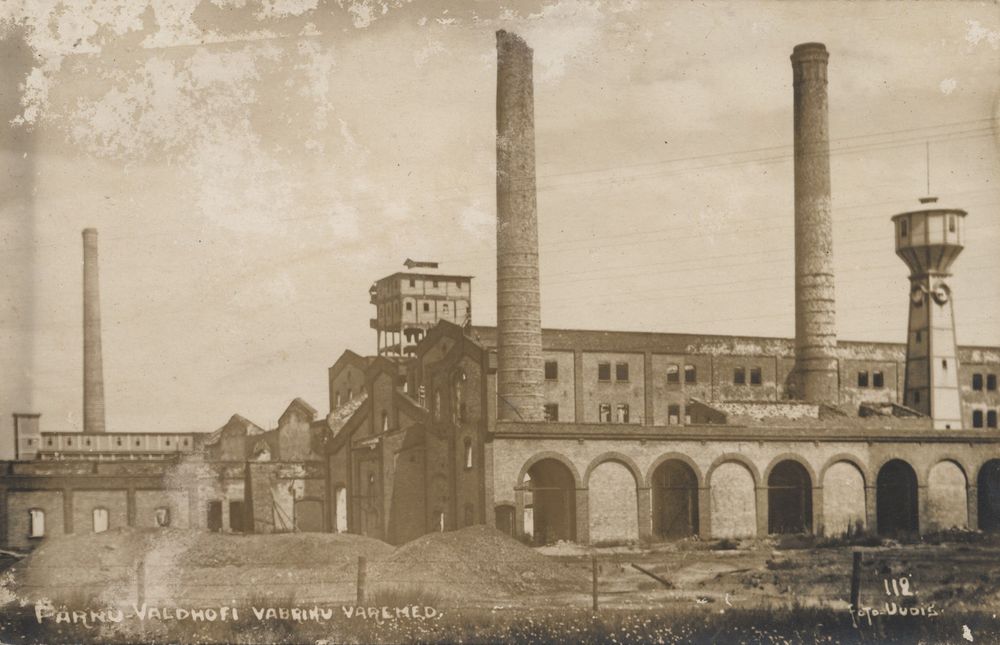
It often seems that the problem of industrial pollution of the environment is a fairly new phenomenon, which became a topic of wide social discussion only in the second half of the 20th century. Even more novel is the attempt to link environmental problems with issues of state security and protectionist measures. Historian Andrei Vinogradov, using the example of the Waldhof paper mill in Pärnu, shows that more than 120 years ago, issues of exploitation of nature, the imperialist confrontation between the “great powers” and the destruction of the traditional way of life of indigenous peoples were closely intertwined, and environmentalists often had to appeal to “state interests”, to be heard.
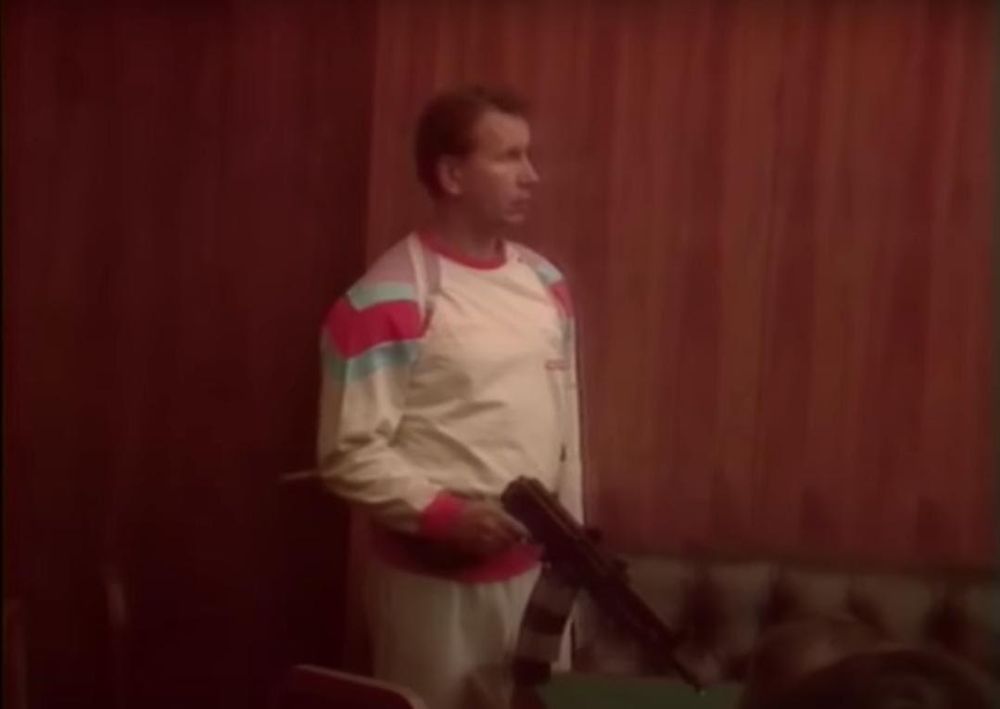
Last August, Alexei Navany published a text, in which he strongly criticised those who, in his opinion, ‘sold, drank, wasted the historic chance which our country had in the early 90s’ - including Boris Yeltsin, ministers of ‘state reform’, and other well-known figures from the post-Soviet Russian elite. This statement, unsurprisingly, led to another round of discussion about the 90s.

A huge scandal in Canadian politics and a painful blow to Ukraine's reputation — these are the terms used by the media to describe how the Canadian parliament and the Ukrainian delegation headed by President Volodymyr Zelenskyy gave a standing ovation to Yaroslav Hunka, a veteran of the Waffen-SS division ‘Galicia’. But how come he was invited to the parliament? Who ‘framed’ Canada and Ukraine? Who gave such a ‘gift’ to Russian propaganda? The Speaker of Parliament, Anthony Rota, took political responsibility for this and resigned. However, it is hard to believe that Mr. Rota knew the SS veteran personally and dreamed of bringing him into the limelight for the whole country to watch. There was someone who came to him with this ‘brilliant’ idea. Let's find out who.
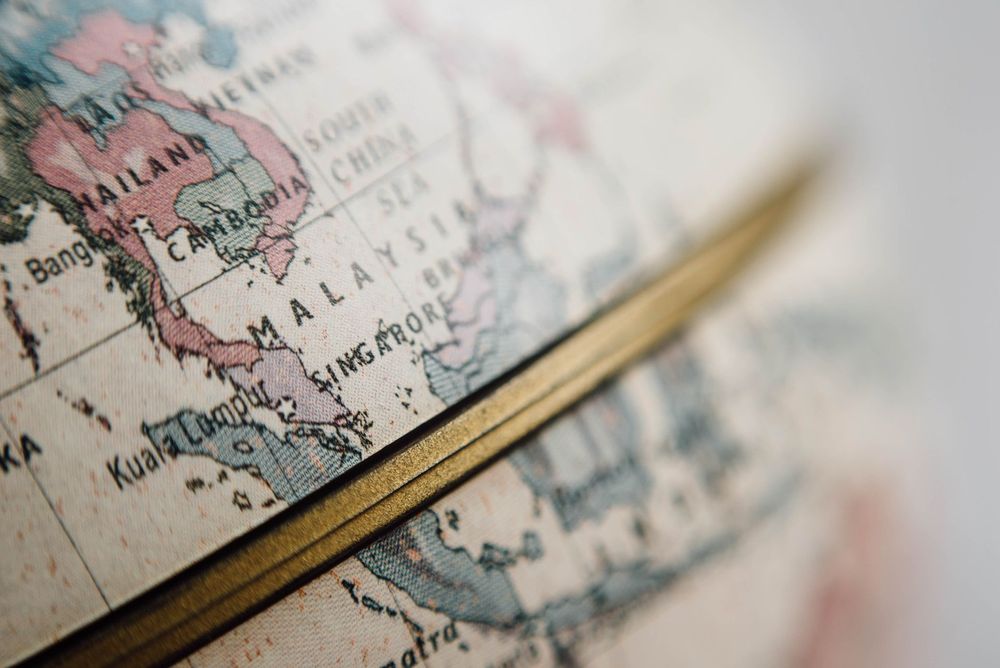
September sat down with Quinn Slobodian, author of Globalists: The End of Empire and the Birth of Neoliberalism and Crack-Up Capitalism: Market Radicals and the Dream of a World Without Democracy to discuss his books, the history of neoliberal and libertarian ideas in the 20th and 21st centuries, the war in Ukraine and the current state of the left-wing movement.
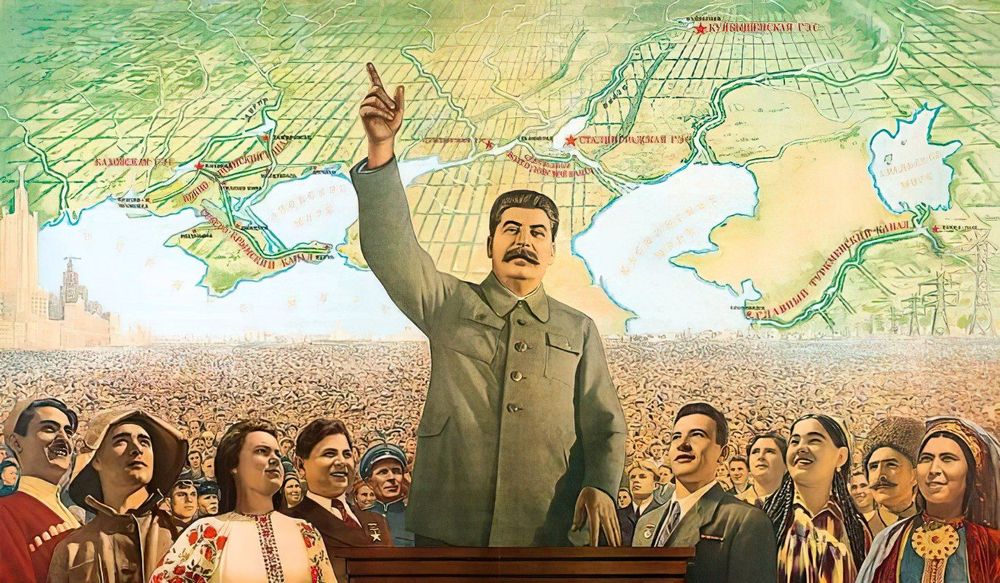
Quite a lot of Russians, including President Vladimir Putin, even though outspoken opponents of the ideas of socialism, nevertheless regard the collapse of the Soviet Union as a personal tragedy. For them, it represented national humiliation for Russia and a chain of major territorial losses. They see in the Soviet project a kind of continuation of, in Putin’s own words, “the thousand-year Russian statehood.” But how did it happen that the revolution that destroyed the Russian Empire, aka the “Prison-house of Nations”, gave rise to a project, certain features of which evoke feelings of nostalgia and revanchism among highly reactionary Russian chauvinists? We publish an excerpt from Marxist historian Vadim Rogovin's book “Stalin's neo-NEP”, in which he describes the transition from the revolutionary deconstruction of the imperial legacy in the early Soviet years to its partial revival in the 1930s. Perhaps it was precisely these changes in the Soviet state that led many to consider it the “same Russia under a different name” and, after its collapse, encouraged the elites of already capitalist Russia to unleash a war to “gather together Russian lands”.
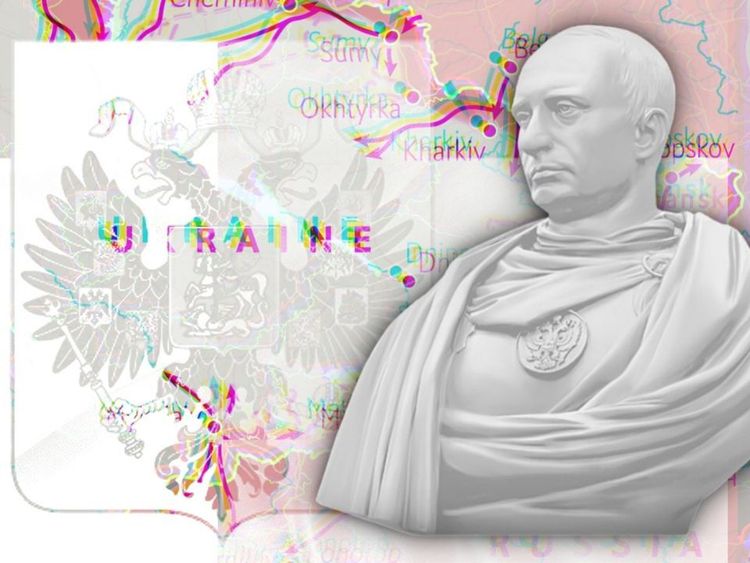
1991, Leningrad. The private office of the deputy mayor of the city. A reporter for the city's television channel interviews a young official from Anatoly Sobchak's team. In the frame — a man with a childish face in a white shirt. Behind him, you can see window blinds, a television, a table lamp, a telephone, open folders with papers. A typical Soviet office environment. But something does not add up. From behind the scenes, the voice of the journalist says that yesterday, he could still see a bust of Lenin in this office, but today it had disappeared somewhere. What had happened?


